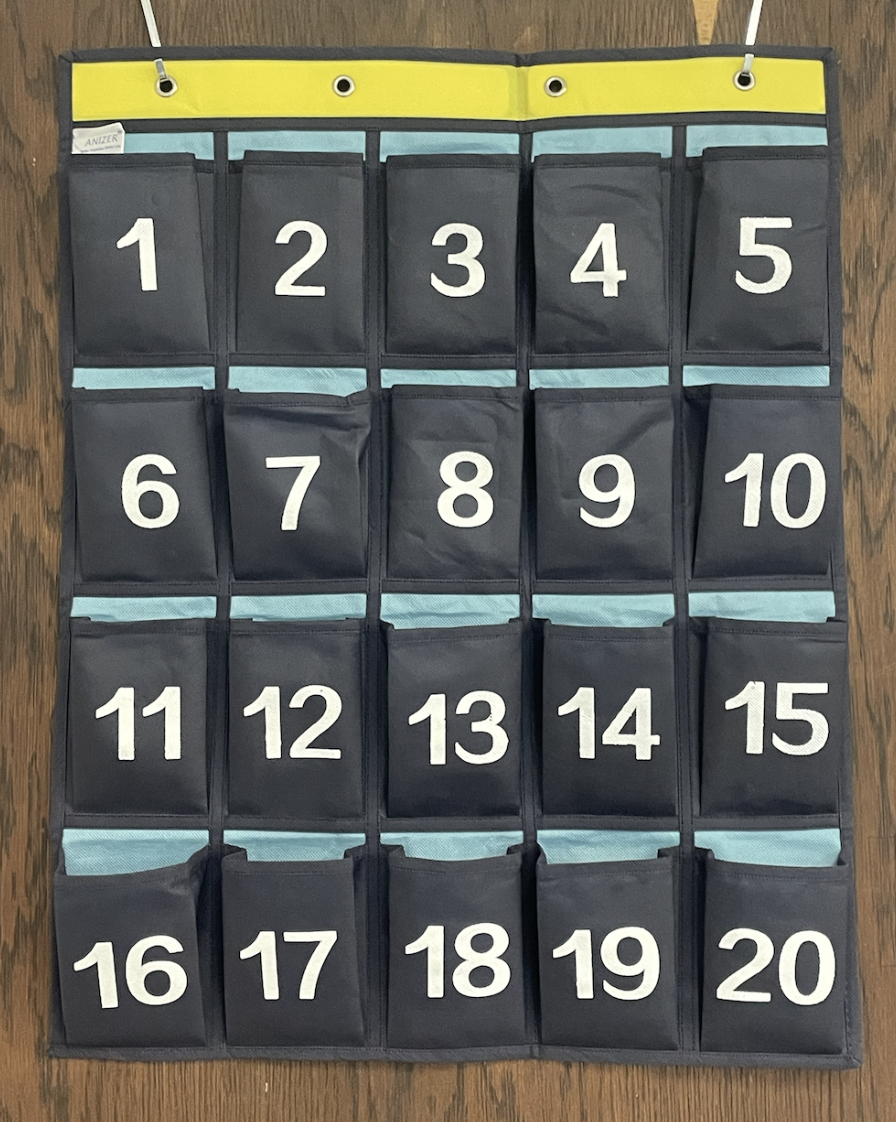Imagine one of your teachers introducing a new, fascinating concept at the start of a class… so intriguing that you can’t wait to delve into the subject. Your teacher gives you a few minutes to do some online research on the concept, then gives you time to meet with a few of your classmates to share what you’ve each discovered. Now a representative from each group reports their findings to the entire class, and further discussion takes place. Next, the teacher shows a video to the class that reveals further related insights and perspectives, then more sharing and discussion, and then some improvisational role-playing as you and your classmates portray experts actively involved in a debate about the concept. Finally, the class summarizes and draws conclusions, and you leave with a new point of view about something you’ve never considered before.
Now imagine all that taking place in one class period.
Impossible. The class periods are too short.
But next year, the impossible will become possible when one extended class period for each subject will be built into the schedule one day each week.
Not everyone is happy about what’s to come next year. There are many who remain skeptical about shifting to a combination block/rotating schedule that will be unique to the Pascack Valley Regional High School District.
One fear that seems to be circulating is that teachers will use longer class periods to lecture for 90 minutes and will therefore bore their students to death. Knowing the quality of teachers in our district, I highly doubt this will happen. I am certain that our teachers will take advantage of the longer period of time to connect a variety of engaging activities in ways only possible in an extended period.
Another concern of many is that students will waste the independent time that will be available to them during the Pascack Period. My feeling is that most students at Pascack Hills and Pascack Valley have a great deal of self-discipline and intellectual curiosity and will use this time wisely.
Students who are involved in after school sports or clubs, or who work after school will now have an opportunity to further explore an academic interest, meet with teachers and classmates, use a school facility, or become involved in many other activities which previously could only take place after the school day had ended. For example, this year and in years past, my video production students have had very few chances to work with other video production students outside their own class period. With the Pascack Period, this will no longer be a problem.
And then there are those who question the wisdom of having a common lunch period for the entire school. It may surprise some to know that quite a few high schools across the country with cafeterias just as small (or smaller!) than ours… and with a larger student body… have a common lunch period and report no problems with it.
Research has indicated that block and rotating schedules have resulted in a less stressful school environment for both students and teachers, an increase in the number of students on the Honor Roll, a reduction in class lateness, and better attendance among both teachers and students. One study done in Minnesota in 1995 showed, to the surprise of many, that students in longer block-scheduled classes had a higher engagement rate of learning than students in a shorter, traditional schedule, and this proved to be true for all class areas.
Pascack Hills and Pascack Valley are two of the best high schools in New Jersey. We rank among the highest in the country in student achievement, graduation rates, and post-high school success. So, as the saying goes, “Why fix it if it ain’t broken?” That type of thinking hinders progress. What if the person who programmed the first word processing software package had the attitude that the typewriter was “good enough”?
As educators and students interested in high achievement, we should always be looking towards a better future and setting higher goals. I feel fortunate to teach in a school district where our administrators, faculty, and students are not content to rest on their laurels.
Prior to becoming the first public high school district in New Jersey to initiate a 1:1 laptop program, there were many who felt a laptop for each teacher and student wasn’t necessary. Detractors felt the cost wouldn’t be worth the outcome, and that we were doing just fine without laptops for everyone. Today we’ve become a model for other districts that are now just beginning to learn the advantages of issuing a laptop to each student.
Do not be afraid of change. Embrace it!
Mr. Bernardi is a co-advisor of The Trailblazer. He presently teaches Video Production at Pascack Valley, but began his teaching career in Pascack Hills in 1978 and has also taught English, Theater Arts, and Journalism at both Hills and Valley.










































